SPAIN’S environmentalists have raised concern after a veterinary drug that wiped out wildlife in Asia has been brought to market in Spain.
The manufacture and use of diclofenac, a drug used to treat sick cattle, was approved in Spain last year, despite it being knowingly responsible for reducing the vulture population in India by almost three quarters.
Researchers from the Peregrine Fund established that vultures could ingest lethal amounts of diclofenac in one single feed on the carcass of an animal that had been treated with the drug.
They concluded that the extreme sensitivity meant that vulture populations can be wiped out even if less than 1% of carcasses available to them are contaminated with the drug.
Spain is Europe’s vulture stronghold and home to up to 90% of all four species found on the continent, including 85% of the remaining Egyptian vultures which are classified as endangered worldwide.
The approval went through without government agents or the drug’s manufacturers speaking to wildlife experts.
“Risk assessments were done,but these do not mention vultures at all, and the competent authorities did not send these risk assessments to any conservation NGO for checking.” said José Tavares of the Zurich-based Vulture Conservation Foundation.
Experts suggest that even if used sparingly, it is almost inevitable that significant numbers of vultures will feed on drug-laced carcasses in Spain.
A coalition of organisations including the Vulture Conservation Foundation, the Royal Society for the Protection of Birds and BirdLife Europe are urgently pushing for an EU-imposed, continent-wide ban on veterinary diclofenac.
“Decades and millions of Euros have been spent protecting Europe’s vultures,” says the coalition, “we should now not let all of them disappear.”

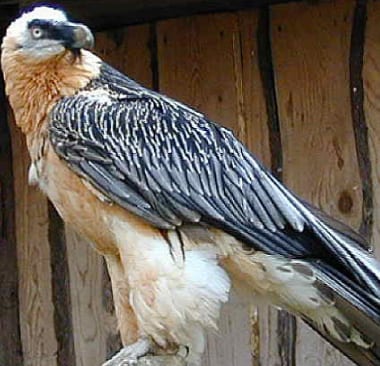


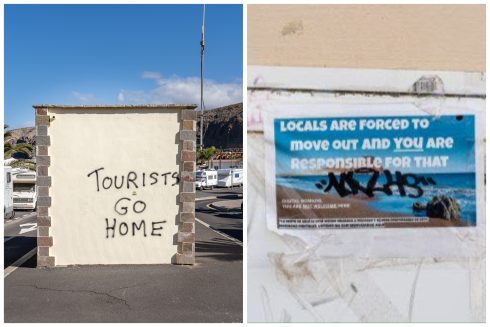
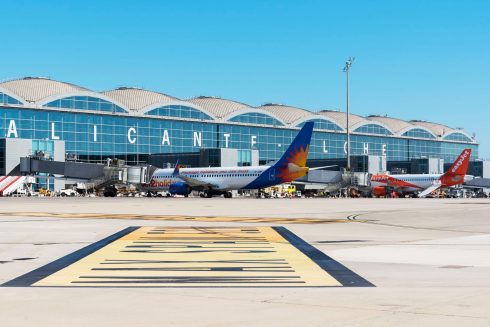
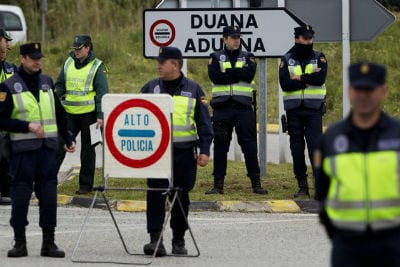
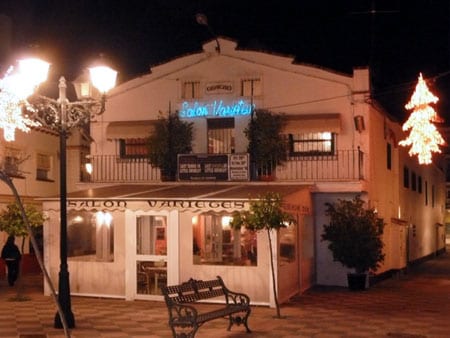
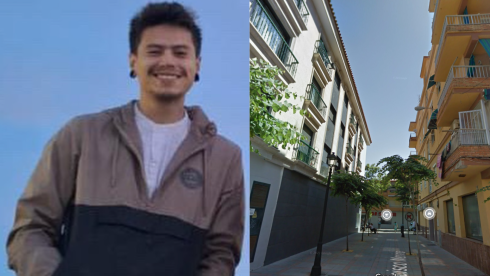
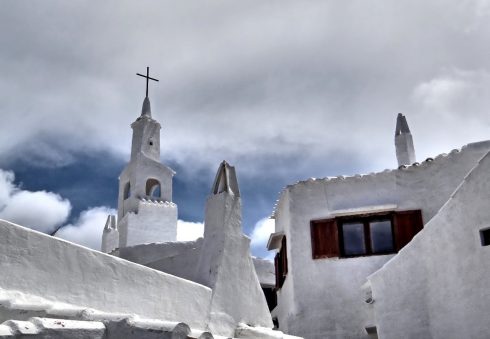


This is true drug peddling of the worst kind. The knowledge that diclofenac is deadly to vultures was widely reported all over the world. It can not possibly be claimed that the authorities were ignorant of this fact, they are obviously in the pockets of the irresponsible drug companies, concerned to offload their stocks of this rubbish. India has a huge problem. Vultures used to clear carcasses that now rot and fester in the open. Of course, Spain doesn’t require this service from these animals as much, but they do have a responsibility to preserve these marvellous animals, seeing that so many of them survive and flourish in Spain.
Well said, Stefanjo.
You should read Bad Pharma by Ben Goldacre. Shocking insight into the murky world of pharmaceuticals.
Bravo..Stefanjo well said.
Claire: I have done and you’re right. Ben Goldacre tells it like it is. Another cracking read is “Bad Science”, culled from his Guardian columns.
It is’nt only the Seven Sisters (the oil cartel) and the bankers that dictate to the corrupt politicians but Big Pharma, they make so much money that they spend fortunes taking doctors for lavish meals, heap all kinds of presents on them.
And read, or watch “The Constant Gardener”
This is big business at its worst, my wife and I spend many an hour watching these magnificent birds soar and glide near Gaucin and Casares…. disgusted that this filth is now to be allowed in Spain.
Seamus: We spent some time in Gaucin last year and what a hypnotic sight to see these amazing birds catching the thermals off the town, gaining height and soaring out of view.
We tried to count them, but realised it wasn’t possible, they were too numerous. It would be an absolute tragedy for that display to end.
This topic is covered in great depth over at the Iberianature forum… The topic started back in 2008… At the end of the topic (current news on the subject)there are two links to petitions against this devastating drug being used in Europe….. One Spanish, one English….
“http://www.iberianatureforum.com/birdlife-in-iberia/diclofenac-nsaids-and-the-threat-to-iberian-vultures/”
Clive: Found it. signed it. Hope it helps.
Nothing short of criminal irresponsibility. No ifs, buts or maybes
this decision is a grave threat to Spain’s vultures (and other carrion eating birds) and opens up the very real possibility of a massive decline ending in extinction. Even in purely financial terms, given the growth of eco-tourism, it makes no sense.
Livestock associations run Spain’s environmental policy. Some other species adversely affected are: wolves, bears, badgers, raptors, gatos montes, and of course, the many varieties of indigenous hardwood trees and vegetation serving as animal habitat that have been cleared away for grass and to make fence posts. Our reforesting efforts were met with threats of fires.